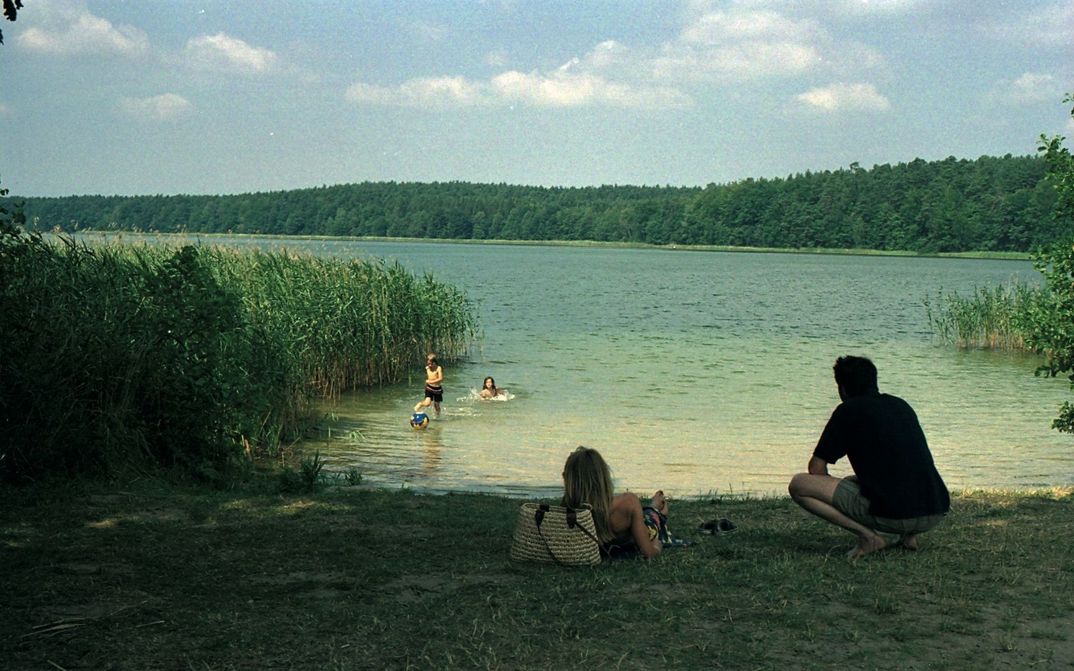In movement – The films of Thomas Arslan (2)

Thomas Arslan (*1962) has been a central figure in contemporary German cinema for almost 30 years. He is a representative of the Berlin School, which he has renewed with a reduction-based aesthetic and enriched with stylized everyday realism, developing a specific form of post-migrant cinema avant la lettre with his Berlin trilogy about German-Turkish youths, and excelling in the field of genre cinema with gangster films, a western and a road movie. The focus of his films often lies less on external events than on the description of inner states. In his documentary works, he engages with his discoveries with great stylistic clarity. The exploration of Berlin's urban space characterizes many of his films in an inimitable way - although space in Arslan's work is mostly about people in motion, in Berlin like in the Wild West. This is to be understood literally: Arslan's cinema likes to show how the characters walk, alone and side by side, and how they move through their surroundings. It is itself in motion: Starting from Essen and Berlin, the geographical radius of Arslan's work has expanded over the years and has also gone from the city to the region of Brandenburg, then to Turkey, Canada, and Norway, but always coming back to Berlin.
In parallel with an exhibition at the Neuer Berliner Kunstverein (n.b.k.), Arsenal is continuing, until the beginning of August, its program of films by Thomas Arslan. The program also comprises films that are important to the director in terms of aesthetics (by Shirley Clarke, Jean Eustache, Orson Welles, Robert Bresson, Barbara Loden) – Arslan's cinema is noticeably grounded in reflection on film history – and will be accompanied by numerous introductions that shed light on various aspects of his work: the documentary approach (Matthias Dell on July 4), the city of Berlin as a cinematic space (Elena Meilicke on July 7), the switch to nature as a setting (Sabine Nessel on July 18) and genre cinema (Jan Distelmeyer on July 13 on crime films/thrillers, Anke Leweke on July 25 on road movies, Bert Rebhandl on July 27 on westerns). (Birgit Kohler)
All films will be shown with English subtitles. With the kind support of the Neuer Berliner Kunstverein (n.b.k.).